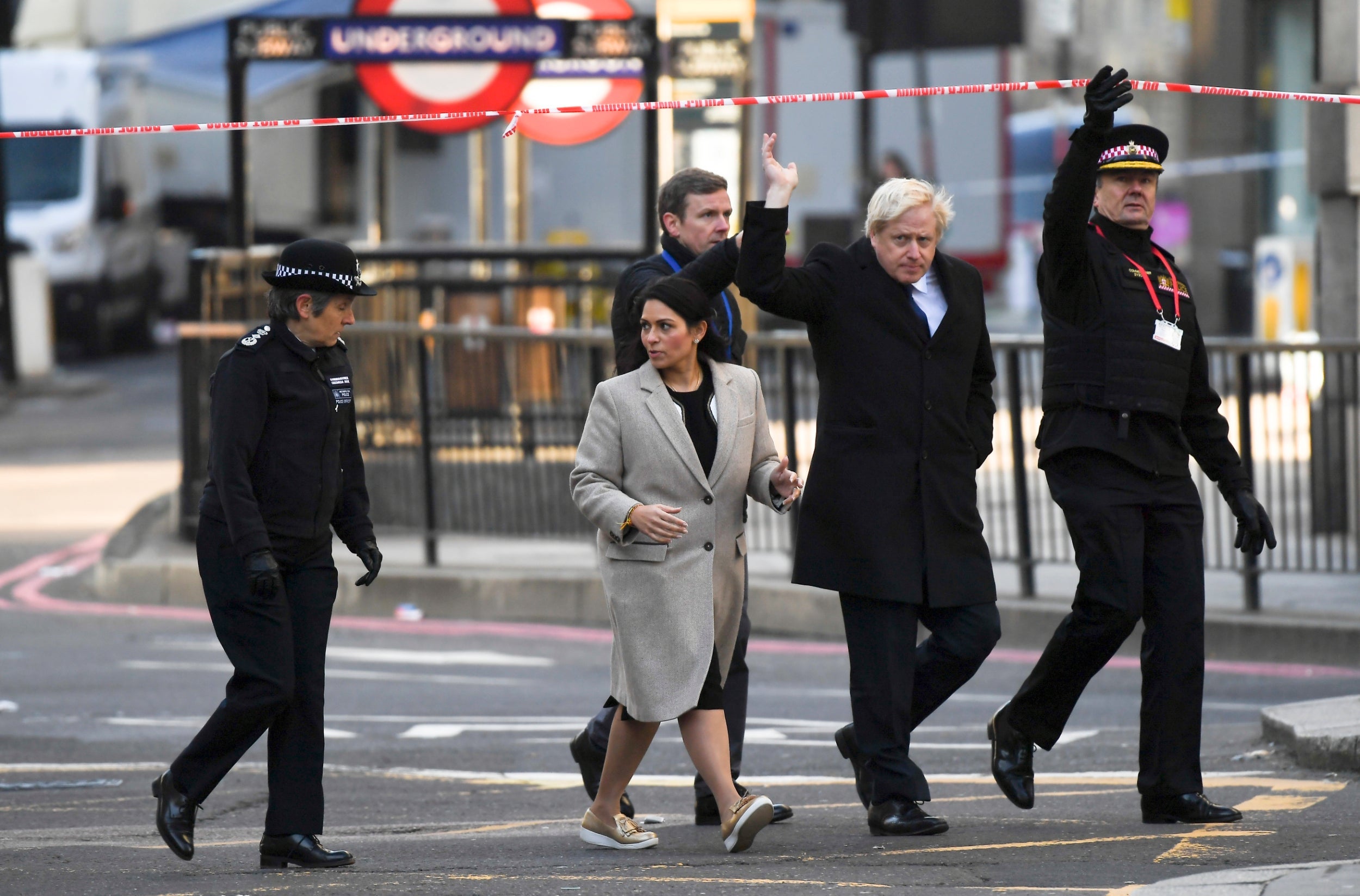The Independent's journalism is supported by our readers. When you purchase through links on our site, we may earn commission.
Tougher sentences are not the answer – we need more scrutiny of convicted terrorists
Many people will say that the only thing to do with people such as Usman Khan is to detain them indefinitely. That instinct is understandable, but it is not right

It is never going to be possible to protect people absolutely from the actions of disturbed individuals. As a rule, we do a better job of it in Europe than in the United States, where the availability of guns makes any suicidal sociopath a potential mass killer. But every time people are killed, as in the London Bridge attack on Friday, lessons must be learned.
One of the obvious lessons in this case is that there was insufficient scrutiny of the case of Usman Khan, the convicted terrorist who was let out of prison early and who fatally stabbed two people in central London yesterday.
It should be accepted that the sentencing rules were unsatisfactory if they allowed Khan to be released automatically, provided he met minimal conditions. But, as Robert Verkaik writes today, the demand for “tougher” sentences is simplistic if it simply means longer ones. That merely postpones the problem at the cost of some injustice to those prisoners who can be reformed.
Many people will say, for example, that the only thing to do with people such as Khan is to detain them indefinitely. That instinct is understandable, but it is not the right answer.
Indeed, Khan was originally given an indeterminate sentence in 2012, but this was changed to a 16-year term after a ruling against such open-ended sentences by the European Court of Human Rights that year. The court was right in its ruling, which was not against the principle of long sentences that had to be reviewed by judges at intervals, but against the denial to prisoners of access to rehabilitation.
It was the British government’s response to that decision that was wrong. Instead of setting up an expensive system of rehabilitation courses, it abolished indeterminate sentences altogether. That meant that prisoners such as Khan were given long sentences, but with the prospect of automatic early release provided they gave the appearance of wanting to reform.
What is needed is not tougher sentencing but more intelligent sentencing, which is better able to judge whether or not an individual is a threat to society. Such a system is never foolproof. There has been enough controversy over decisions of the parole system for us to know that.
But that should not prevent the government – whoever is elected on 12 December – from doing two things. First, it should conduct an urgent review of cases like Khan’s, where convicted terrorists are being let out of prison under automatic rules that allow little scope for judgement or discretion.
Second, it should be doing what the European Court of Human Rights demanded seven years ago: introducing a rigorous system of rehabilitation and judicial review that would allow it to keep the option of indefinite sentences in the small number of cases where they are justified.
No society can ever make all its citizens totally safe, but an intelligent sentencing policy could make them slightly safer.
Join our commenting forum
Join thought-provoking conversations, follow other Independent readers and see their replies
Comments